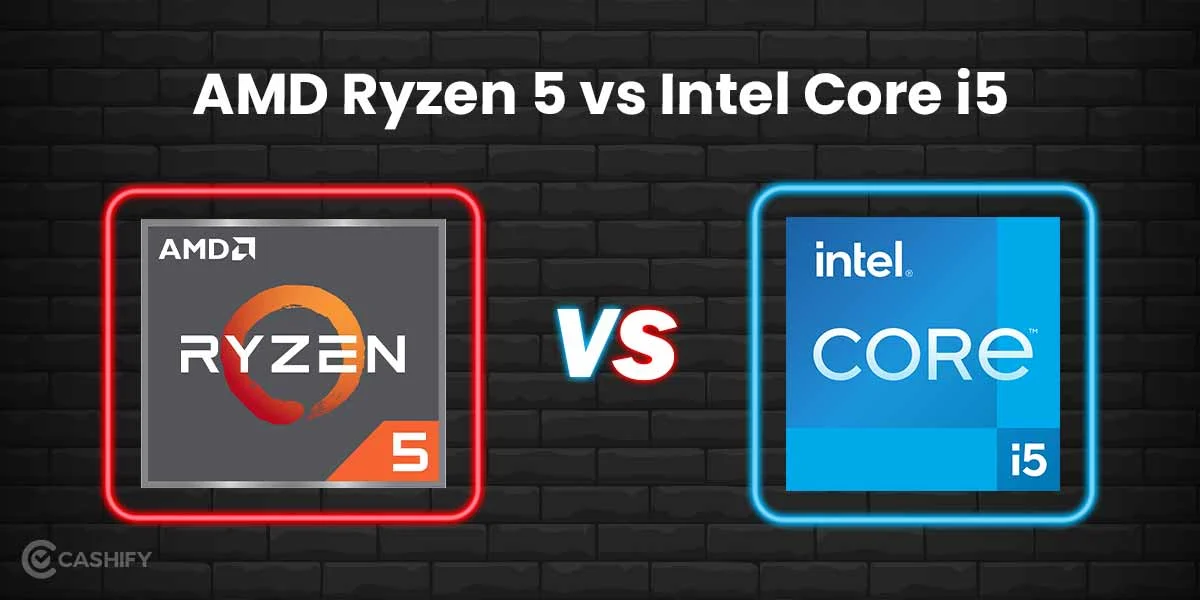It is difficult to make a general comparison between Intel and AMD processors and say that one is definitively more powerful than the other. The performance of a processor depends on a variety of factors, such as the specific model, clock speed, number of cores, and architecture. In general, processors from both Intel and AMD can be powerful and well-suited for different tasks and workloads.
To determine which processor is more suitable for a particular task or workload, it is important to consider the specific requirements of the task and the available options from both Intel and AMD. Factors to consider include the processor’s clock speed, number of cores and threads, cache size, and overall architecture. Comparing the specifications and benchmark test results of the different processors can also be helpful in making a decision.
It is generally recommended to do research and consider the specific needs of your workload when deciding which processor to use. It may also be helpful to consult with a computer specialist or review online resources and reviews to get a better understanding of the different processors and their capabilities.

Which one is more powerful between intel core i5 and ryzen 5 processors?
Comparing the performance of specific models of processors, such as the Intel Core i5 and AMD Ryzen 5, can be more challenging because there are many different models within each product line, and the performance of each model can vary significantly. In general, it is difficult to make a definitive statement about which brand or model of processor is the most powerful because the performance of a processor depends on a variety of factors, such as the specific model, clock speed, number of cores, and architecture.
To determine which processor is more suitable for a particular task or workload, it is important to consider the specific requirements of the task and the available options. Factors to consider include the processor’s clock speed, number of cores and threads, cache size, and overall architecture. Comparing the specifications and benchmark test results of the different processors can also be helpful in making a decision.
It is generally recommended to do research and consider the specific needs of your workload when deciding which processor to use. It may also be helpful to consult with a computer specialist or review online resources and reviews to get a better understanding of the different processors and their capabilities.


